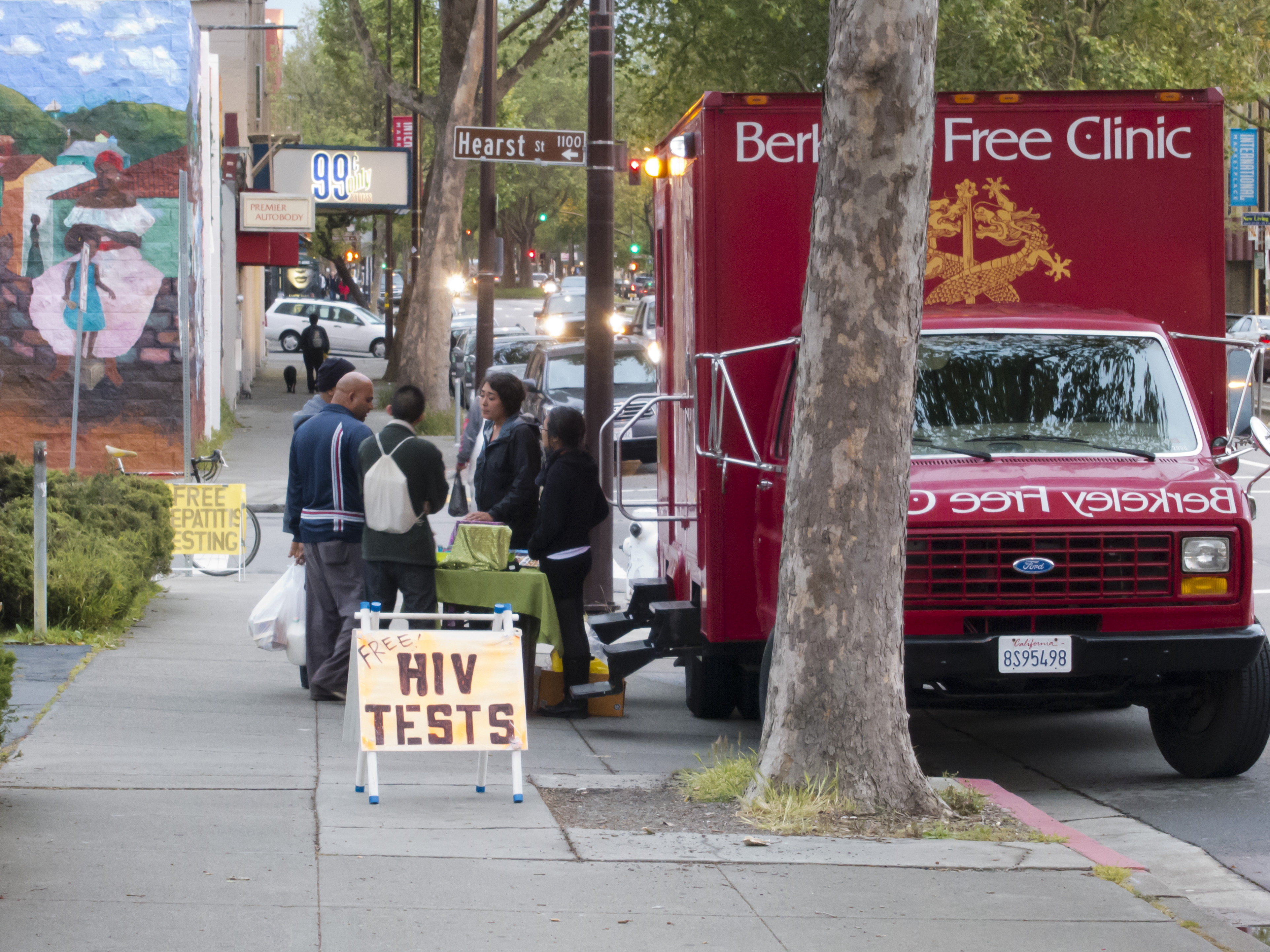Undergraduate Free Clinics in a University Environment
As students interested in pursuing medical professions, we learn a lot about the advancement and growth of science. Medicine is thought of as a means to cure and a route to monetary gain. This results in over-prescription, rising drug addition rates, and increasing disenfranchisement of healthcare consumers low on the socioeconomic ladder. In the end, we’re left with an impersonal mess, with no feeling of empathy between doctor and patient. In short, we forget about the growth of people.
Still, in our modern drive to bridge this societal disparity, free clinics have served as community centers, redefining the purpose of medicine, community service, and personal connection. Free clinics provide healthcare services to people of low socioeconomic status as an essentially minimal cost. The City of Berkeley itself has a free clinic that has been providing free medical and dental care since 1969 while UC Berkeley’s Suitcase Clinic is student-run and provides free services to the local homeless and underprivileged communities. Currently, UC Berkeley, UCLA, UC San Diego, and University of Kentucky are several major universities across the nation that have undergraduate student-run free clinics. Many other schools in the U.S. also have these student-run free clinics, but these clinics operate under their respective school’s medical school and are run by graduate students.

The Berkeley Free Clinic is just one example of how clinics can offer a variety of health services for those with little or no access to healthcare.
This lack of basic student-run clinics places undergraduates at a disadvantage because it denies students insight into a variety of different healthcare career opportunities, from medicine to public policy. The surface-level need for free clinics requires no debate: They provide medical and holistic care, at minimal cost, for the impoverished who would otherwise not have access. However, the underlying benefits of student-run free clinics are largely left ignored by college and university campus administrations.
One of the main benefits of the expansion of undergraduate student-run free clinics is the promotion of volunteerism and experience surrounding public policy and healthcare. A recent study in the Journal of General Internal Medicine conducted a survey of 124 medical schools across the United States — the survey had a 76% response rate, with the schools in total reporting 36,000 patient visits and an average of 16 student volunteers per clinic. Throughout the U.S., the trend that clinics are a volunteerism hotspot is readily apparent. In addition, according to the same study, 98% of clinics had attendees take blood pressure, 86% took blood glucose levels, and 86% participated in case-working. On the whole, clinics provided their volunteers with the tools and techniques to succeed in healthcare programs and the workforce; they can provide the same clinical experience afforded to medical students to undergraduates, too.
On a personal level, the members of undergraduate student-run clinics go through a great degree of growth from person to person. My own visits to Berkeley’s Women’s Clinic and conversations with Suitcase Clinic members have opened my eyes to various individuals with different stories. When asked about why she joined Suitcase Clinic, Youth/LGBTQ+ Clinic Director Lekha Patil said, “I really wanted to make a difference in my community and learn about myself in the process. By participating in a free clinic, I’ve learned more about life in general and how to interact with society around me.” In another conversation with one Suitcase Clinic class TA, I was told “the role of free clinics in the community serve a larger purpose: rather than promote volunteerism, these clinics normalize homelessness and allow participants to treat those they meet as human beings.”
All in all, this demarcates the importance of free clinics in an undergraduate setting: Experiences and care aside, clinics help their volunteers grow as people, a facet every university should look into.
